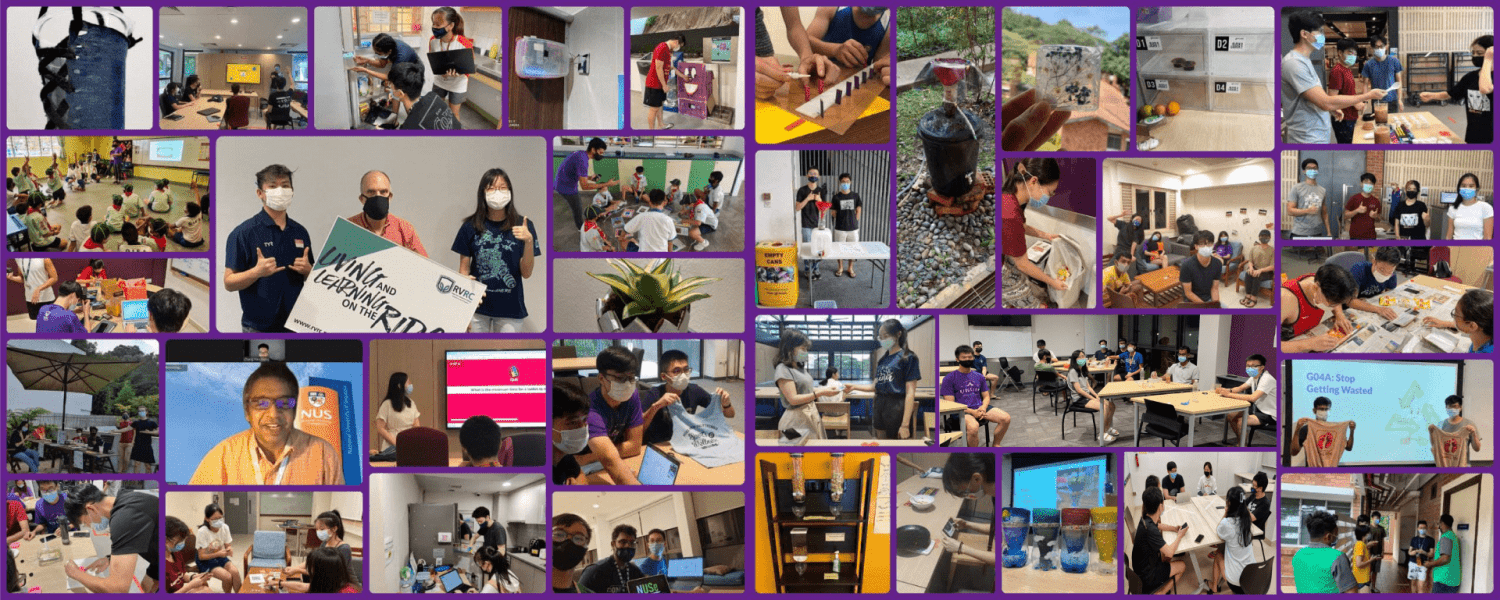Lim Yi Fan (FoS/SCI1), Shen Yunni (FASS/ARS1), Siow Zheng Qian (FASS/ARS1), Soo Jia En, Jennifer (FoS/SCI1)
Academic Advisor: Saif Khan | Student Fellow: Lee Juho
Due to global warming, global temperatures are rising. This worsens the urban heat island effect in highly urbanised environment. Due to building developments in NUS, vegetation is removed, creating more hotspots. To complement the roof gardens plan for buildings, we explored using creeper system on the bus stops near hotspots. This will increase greenery distribution, which will lower the temperature of the surroundings. Creeper system is remarkably simple and reduces the overall building and maintenance cost. Large scale deployment of green roof on lightweight structure is made possible. From the surveys conducted, there is a large support. However, awareness has to be raised on the advantages. Although some temperature data was collected from a similar setup, further isolated trials would need to be conducted to confirm the effectiveness of reducing ambient temperature. If successful, there could be an expansion of ideas to other platforms to increase the overall green coverage.
Keywords: Built Environment and Green Infrastructure, Green Buildings, Cooling of buildings, Urban Heat Island Effect
